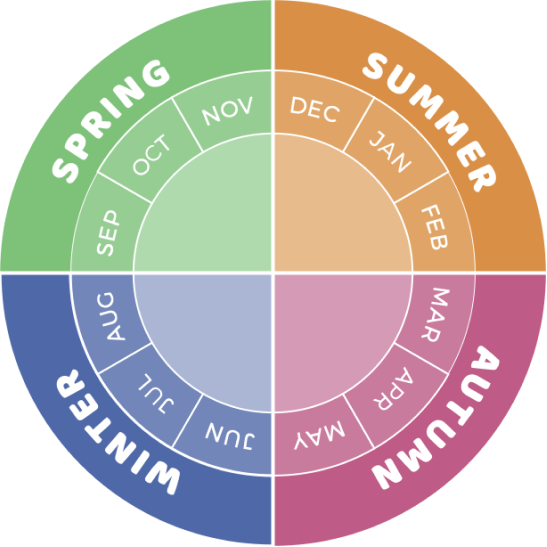Lemons are rich in vitamin C so they support brain function. Lemons are known to enliven the senses and energise the body, so you can feel invigorated throughout the day.
*When eaten as part of a healthy varied diet.
Top Tip: Want your lemons to last longer? Pop them in a sealed container or bag in the fridge.
Top Tip: Lemon juice with honey is good for a sore throat, and the lemon is a natural antibacterial.
Lemons are in season from February to October.

The recommended amount of fruit you should eat is 2 serves per day.
(Source: Australian Dietary Guidelines, 2013)
One lemon (100g) counts as 1 serve of fruit.
|
Serving size: 100g (1 lemon raw) |
||||||||||||||||||||||||||||||||||||
|
||||||||||||||||||||||||||||||||||||
|
Source: Aust Food Comp Data or ^ USDA data |
The recommended amount of fruit you should eat is 2 serves per day.
(Source: Australian Dietary Guidelines, 2013)
One lemon (100g) counts as 1 serve of fruit.